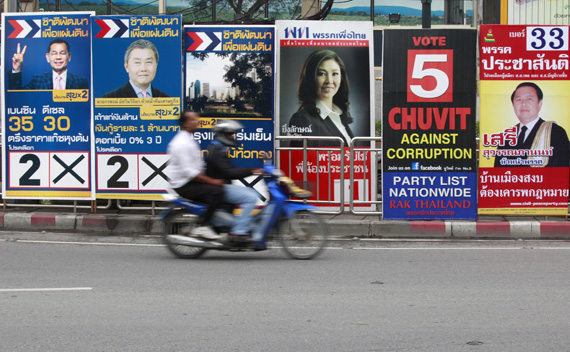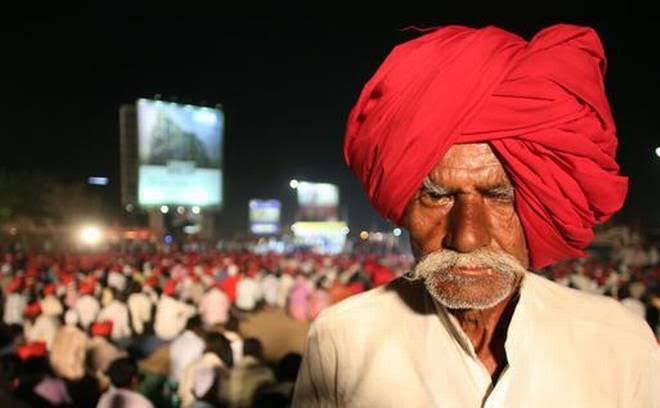Mid West
Arabian Murder Mystery
Jamal Khashoggi’s murder in a consulate raises several questions.

Jamal khashoggi, a well known Saudi journalist entered his country's consulate in Istanbul on October 2, but never returned. After initial flip flops, it is now clear, that he was killed inside the consulate building on the same day. A 15 member team from Saudi Arabia which included some military persons, intelligence officials and a doctor specialized in post mortem is allegedly responsible for his killing. His death inside the consulate was finally accepted by the Saudi government on October 20, 18 days after the incident. Before that, the Saudi government had kept repeatedly claiming that Khashoggi had left the consulate building safely. Khashoggi's dead body or his remains have not been traced or recovered yet.
Jamal Khashoggi, once an adviser to the royal family, was a prominent journalist in Saudi Arabia. He had fallen out of the favour of the Saudi royal family because of his dissident views. He had began his career as a journalist in a regional newspaper covering the Soviet invasion of Afghanistan. He became editor of the Saudi Arabian newspaper Al Watan in 2003, but was fired after a short tenure. He was chosen to lead a new Saudi Government backed news channel in 2012 but this project too had to be closed after a short period.
Khashoggi was living in a self imposed exile in fear of getting arrested by the Saudi regime since the summer of 2017. At the time of his death, he was a regular columnist in the Washington Post. He was critical of the ambitious programmes initiated by the crown prince Mohammad bin Salman to bring economic and social reforms in Saudi Arabia. He also had openly expressed his opinion against one man rule political system. He described himself as, "just a writer who has an independent mind".
Turkish president Recep Tayyip Erdogan in a speech given to the Turkey parliament has termed the killing as a well planned "political murder". As per the reports published by Reuters, Turkish government was in possession of audio recordings which could prove that Khashoggi was tortured and killed inside the consulate. Erdogan in his speech has also said that the murder was carried out on the orders of higher level authorities in Saudi Arabia which points the finger towards the crown prince Mohammad bin Salman. Reuters has reported that a close adviser of the crown prince was in direct contact with the consulate through video conferencing and was giving directions to the killers.
Saudi Arabia has given different and conflicting versions of the event since the disappearance of Khashoggi on October 2. After initially claiming that Khashoggi had left the consulate building safely, Saudi admitted that he was killed in the consulate building in a "fistfight", denying that it was a planned murder. Evidences contrary to Saudi's claim were drip fed to the media by Turkish officials. A person wearing Khashoggi's clothes was seen leaving the consulate. It seems that he was supposed to be a body double of Khashoggi to prove Saudi's earlier claims that he had left safely. Turkey officials has also said that a team from Saudi Arabia had visited and observed a forest site near the consulate few days before the incident.
After coming under heavy pressure from it's international allies, Saudi crown prince Mohammad bin Salman (also called MBS) eventually has termed the killing as a "heinous act" and has vowed to punish the culprits. But the crown prince himself is at the centre of the storm. MBS is the de facto ruler of Saudi Arabia. It is being reported by the international media that such a high level operation cannot be carried out without the knowledge of the crown prince. US president Donald Trump also has hinted towards acknowledging the crown prince's role saying "He runs the things there nowadays."
Saudi Arabia is an absolute monarchy. All the legislative, executive and judicial powers are concentrated in the hands of the king and the royal family. It has a very poor record of human rights. Dissidence against the royal family is viewed as a grave crime there and many dissidents are reportedly killed without following due process of law.
US and some other countries has revoked visas of some Saudi officials who were suspected to be involved in the murder. But the US has said that the broader relations with Saudi Arabia will remain unchanged. Till now, only Germany has promised some concrete steps and has freezed arms sales to Saudi Arabia.
A dissident journalist, who was living in exile, was killed by systematically using state power and machinery. The murder was carried out on a foreign territory which exemplifies the arrogance of aggressive political power. Attempts were made to cover up the murder and to hide the truth. How the world, walking on the path of protecting human rights responds to this "terrible crime" will be an important thing to watch.





